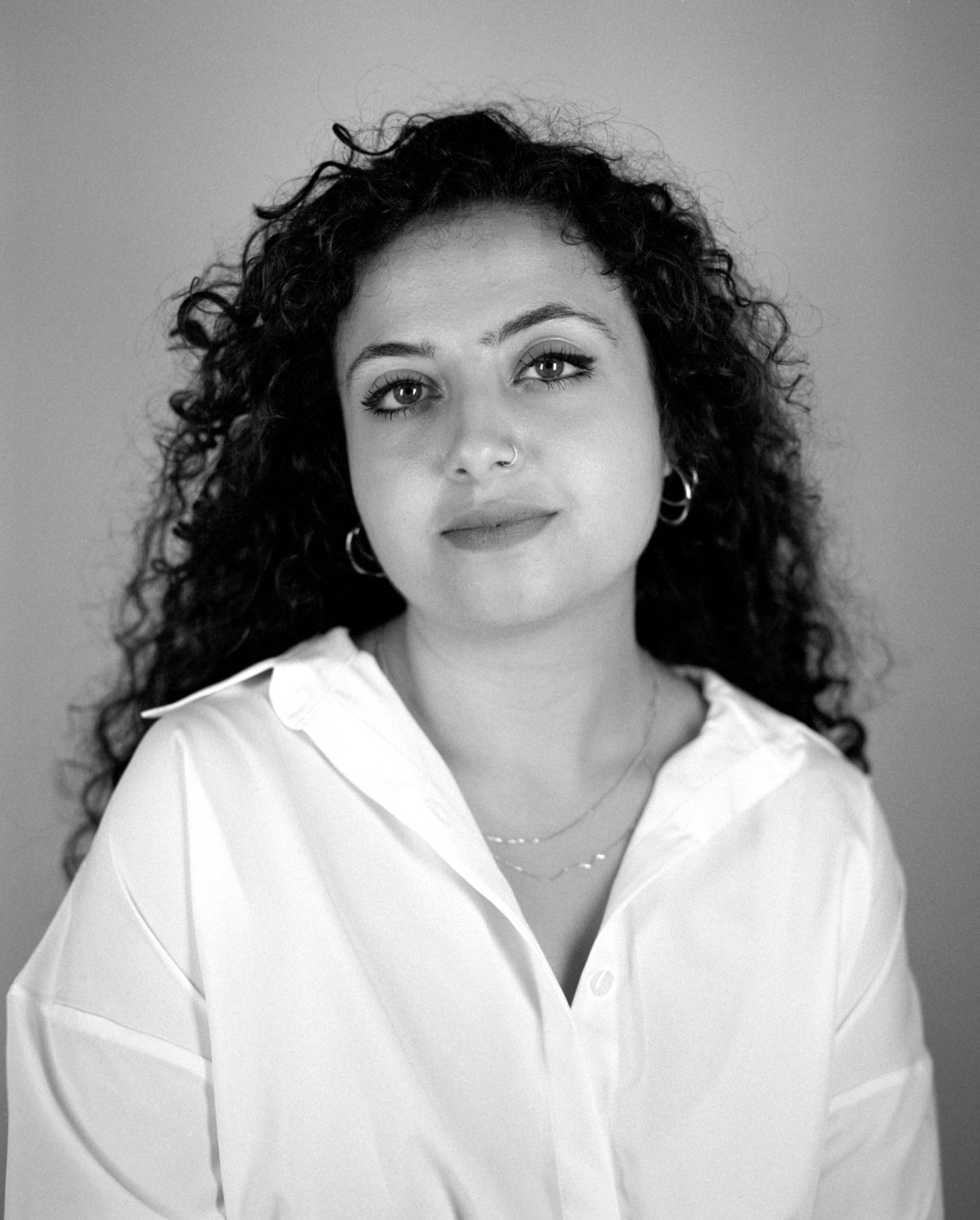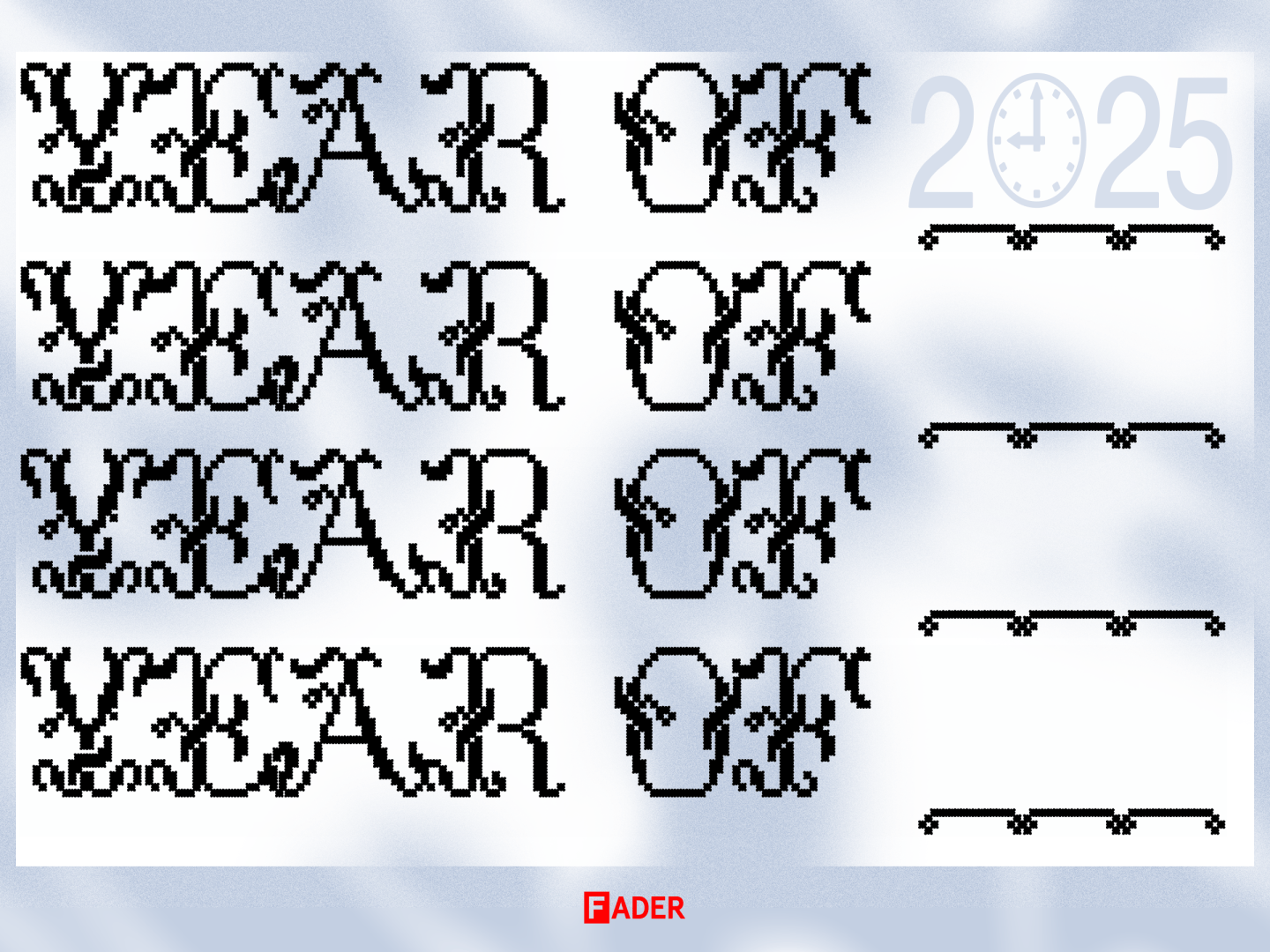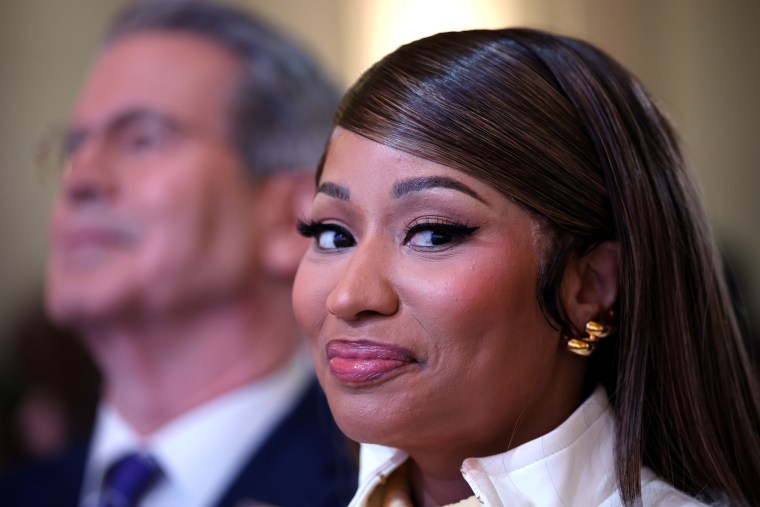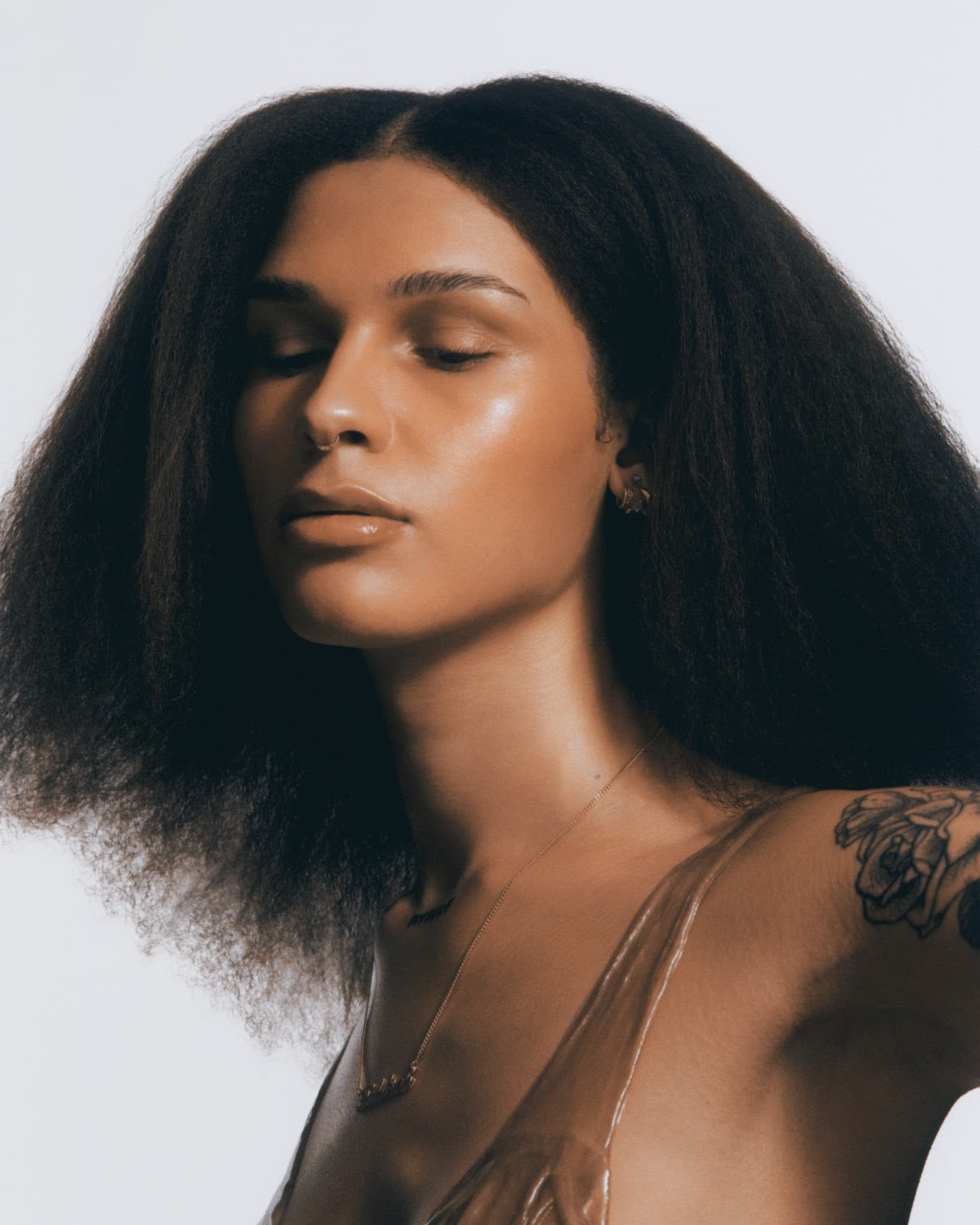Farah Kaddour. Photo by Lina Khalid.
Discover Blogly is The FADER’s curated roundup of our favorite new music discoveries.
Farah Kaddour has dedicated her life to the buzuq, a long-necked fretted lute with a bold and resonant sound that’s closely associated with Lebanese and Syrian folk music. With origins likely in ancient Persia, the buzuq shares a similar pear-shaped body and steel strings with the Greek bouzouki or the Turkish saz, two more well-known instruments that have been the subject of far more academic scholarship. A musician and researcher specializing in the buzuq, Kaddour acknowledges its tremendous influence on Arabic folk and classical music with her first release, Badā.
To master the buzuq, an artist must memorize its complex system of movable frets, stay mindful of its ultra-precise tuning, and become a vessel for many distinct Arabic musical traditions. Kaddour is one of the few female buzuq players in the world, and the Beirut-based musician has spent years pushing the boundaries of a notoriously difficult instrument. The buzuq gave her experimental folk-rock outfit Sanam a free-spirited tone, and, on Badā, it lends a vividity to her reliance on rubato and improvisation. Incorporating modern and traditional Arabic modalities like the maqam – a traditional melodic scale without any specific rhythmic or temporal scheme – Kaddour’s new album provides a sense of fleshed-out fullness you’d expect from an entire band. All of Badā’s hypnotic rhythms and elaborate ornamentations come from Kaddour’s lightning-fast strumming and finger-plucking, which unlocks the true potential of the buzuq’s bright and electrifying side.
After years of practice, Kaddour has been able to “rediscover and experiment the sound of the buzuq” by harnessing modern Lebanese production, per her Bandcamp page. It’s something you can hear in her eclectic, tradition-defying composition, “Mad ou Jazr,” as well as on her rework of a traditional Arabic song called “Bulbul El-Afrah,” a slowed-down rendition of the original to the point where her lone instrument produces a moving sound that’s lush and full-bodied.
Badā is a sonic stream of consciousness that makes Kaddour’s passion for the instrument clear, whether it’s through the propulsive heart-racer, “Taraddud,” or the compelling clash of “Estehlal.” Elsewhere, there are tracks like the fiercely sharp “Hijazkar Halek” and the exhilarating “Fil-Bamb,” an off-the-cuff, polyrhythmic recording featuring percussionist Ali El Hout, whose relatively minimal use of the daf — a traditional Persian frame drum — only adds to the intensity and tension created by Kaddour’s deft fingerwork and reimagination of the past, present, and future.




